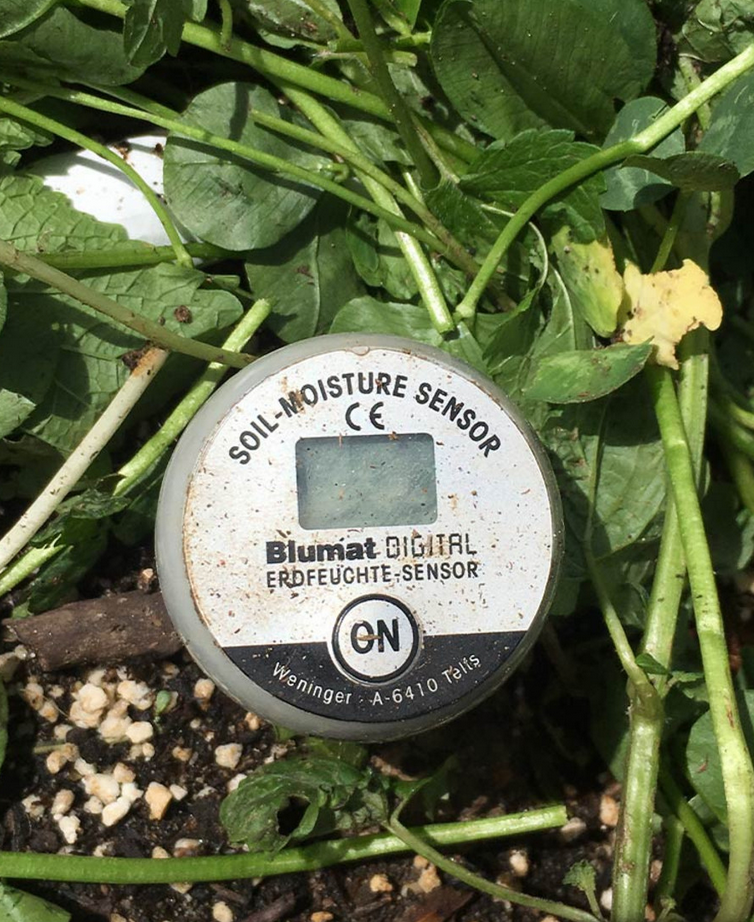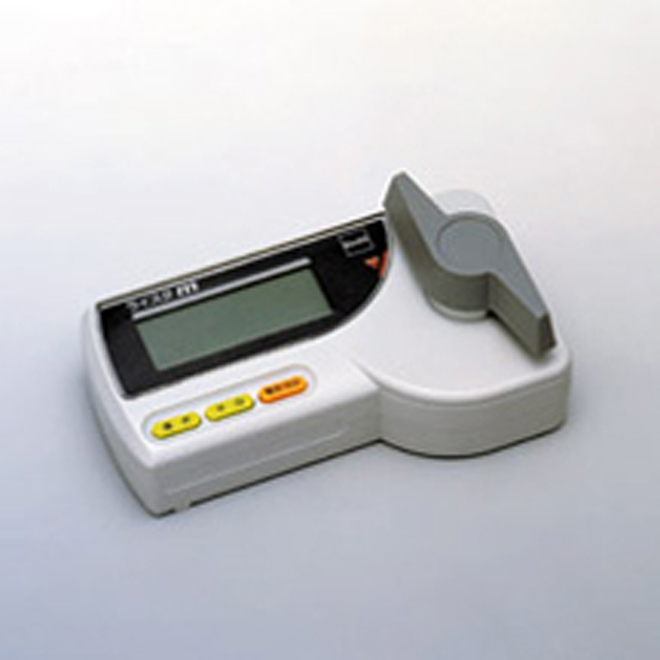Just how to Make Use Of a Moisture Meter to Identify Hidden Water Damage in Your Property
Just how to Make Use Of a Moisture Meter to Identify Hidden Water Damage in Your Property
Blog Article
The Ultimate Guide to Moisture Meters: A Comprehensive Introduction and Exactly How They Can Conserve You Money
In the realm of building maintenance, construction, and different markets, the importance of properly determining dampness degrees can not be overemphasized. Wetness meters act as crucial tools in identifying and checking moisture web content in materials, assisting in preventing expensive damages and guaranteeing the quality of items. Understanding the subtleties of different kinds of wetness meters, their applications, and the possible cost-saving advantages they use can be a game-changer for organizations and experts alike. Uncovering exactly how these gadgets can not just streamline procedures but likewise add to financial cost savings is a trip worth beginning on.
Kinds of Moisture Meters
Various kinds of wetness meters are offered for different applications in various sectors. One typical type is the pin-type wetness meter, which measures the electric resistance in between two pins put into a product. This type appropriates for timber, drywall, and various other structure materials. Pinless wetness meters, on the various other hand, use electro-magnetic sensor plates to scan a larger location without causing damage to the product's surface. These meters are optimal for quickly examining moisture degrees in huge areas such as floors and walls.
Furthermore, there are also specialized dampness meters developed for particular products like grain, soil, or hay. These meters give accurate moisture readings tailored to the distinct residential or commercial properties of the material being checked. Infrared wetness meters measure the thermal residential properties of a material to establish its wetness web content non-invasively, making them beneficial for applications where pin or pinless meters may not be ideal. Recognizing the different sorts of dampness meters available can aid industries choose one of the most proper tool for their details moisture measurement needs.

Benefits of Making Use Of Moisture Meters

Additionally, using moisture meters can lead to raised power effectiveness. In agricultural settings, moisture meters play a critical duty in enhancing crop yields by making it possible for farmers to check dirt wetness levels and make educated watering decisions.
How to Pick the Right Moisture Meter
Choosing the suitable moisture meter includes thinking about key variables such as material compatibility, measurement array, and calibration accuracy. When picking a wetness meter, it's important to make certain that the meter appropriates for the particular material you will certainly be testing. Various materials have differing electrical residential or commercial properties that can influence wetness analyses, so choosing a meter designed for your material is crucial for precise results. Furthermore, consider the dimension range of the wetness meter. Ensure that the meter can find moisture degrees within the array required for your applications. Calibration precision is another important factor to keep in mind (Moisture Meter). Select a wetness meter with trusted calibration to guarantee constant and precise readings. Some meters might call for periodic calibration modifications, so recognizing the calibration process is crucial. By meticulously assessing these aspects, you can pick a moisture meter that satisfies your demands and provides accurate wetness dimensions for your tasks.
Proper Techniques for Moisture Meter Use
To ensure exact moisture analyses and make best use of the effectiveness of a dampness meter, employing correct methods is crucial. When making use of a pin-type dampness meter, put the pins or probes into the material being examined until they make full contact. Make sure the pins are vertical to the surface to get one of the most specific analysis. For pinless dampness meters, hold the tool level versus the product and move it slowly to cover the entire his response area for a typical reading. It's vital to calibrate the dampness meter according to the product being examined to boost accuracy. Take several readings across the surface and average them out for a more reliable result. Furthermore, make certain that the product being evaluated is adapted to the setting to stop manipulated readings. Routine maintenance of the wetness meter, such as cleaning the pins or sensor, is additionally essential to ensure constant and accurate analyses. By following these appropriate techniques, individuals can count on their wetness meter to offer trustworthy wetness degrees, helping in avoiding expensive damages or making certain top quality in numerous applications.

Cost Savings Via Moisture Meter Applications
Just how can the calculated utilization of wetness meters lead to considerable price savings throughout various markets? Dampness meters play an important duty in cost financial savings by preventing prospective damages and ensuring quality assurance in various sectors. In the agriculture sector, moisture meters aid in figuring out the optimum time for harvesting crops, protecting against over-drying or excess wetness that can impact the end product's quality. This accurate surveillance helps farmers prevent unnecessary losses and optimize their yield.

In addition, in the food handling sector, dampness meters are essential for monitoring product quality and ensuring conformity with safety and security laws. By properly gauging wetness material in foodstuff, producers can avoid spoilage, maintain quality, and minimize waste, leading to substantial expense savings. In general, the strategic application of dampness meters is a look at this web-site beneficial financial investment that can result in substantial price decreases and enhanced efficiency throughout different industries.
Conclusion
In final thought, moisture meters are important devices for see here now spotting and gauging dampness levels in different products. By making use of the right wetness meter and adhering to proper methods, individuals can properly prevent expensive problems created by excess moisture.
Moisture meters serve as essential devices in identifying and keeping track of moisture material in products, assisting in protecting against costly damages and guaranteeing the high quality of items. Infrared wetness meters gauge the thermal residential or commercial properties of a material to identify its wetness material non-invasively, making them beneficial for applications where pin or pinless meters might not be ideal.Dampness meters supply very useful benefits in properly monitoring and assessing moisture levels in varied products and settings. In farming settings, wetness meters play an important function in optimizing crop returns by making it possible for farmers to check dirt wetness levels and make informed watering choices.In final thought, moisture meters are valuable devices for determining and discovering moisture degrees in numerous materials.
Report this page